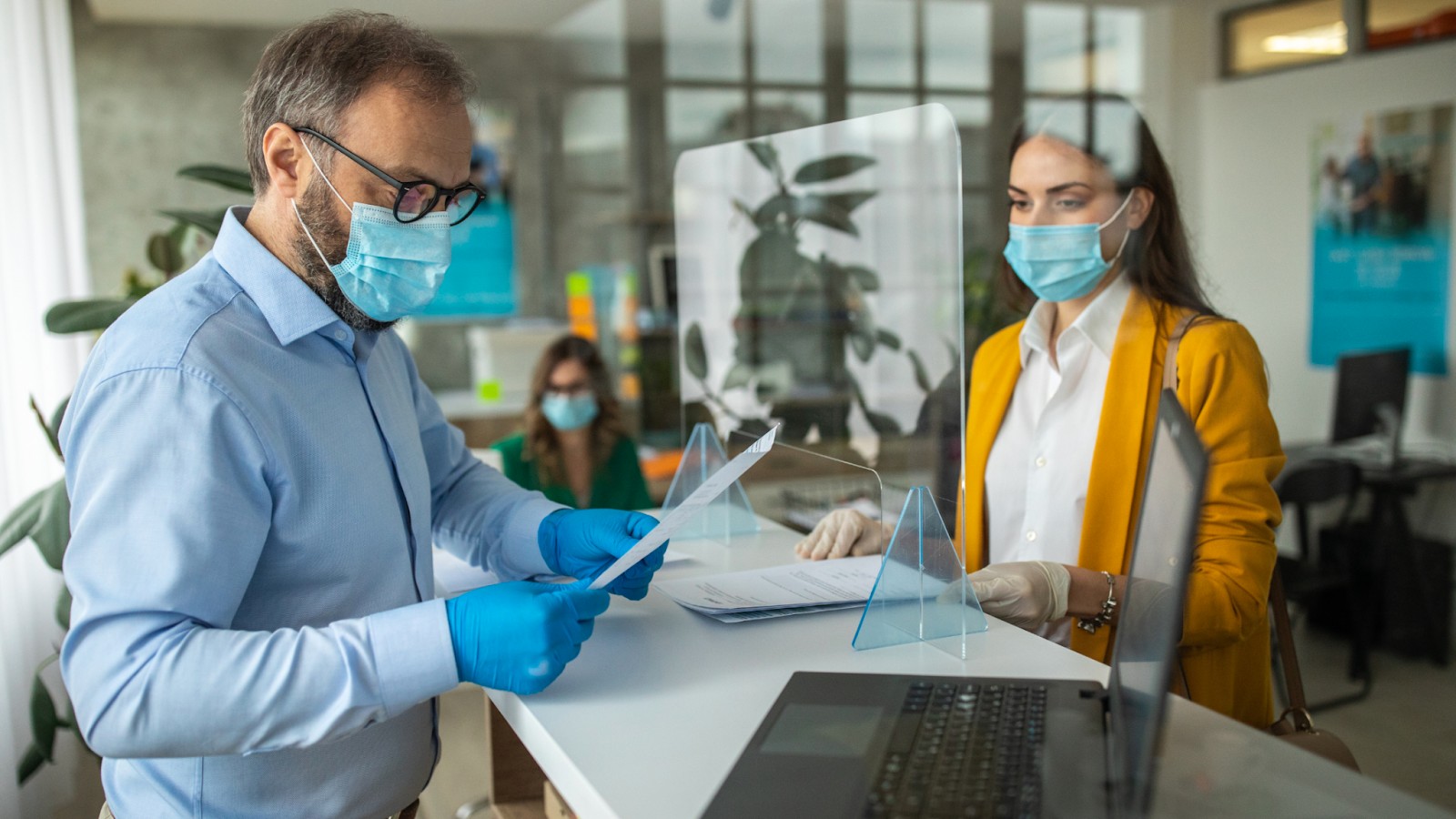The Security Guard’s Role in Preventing Healthcare-Associated Infection

Healthcare-associated infection (HAI) is a term that refers to infections that are transmitted from person to person within healthcare facilities and healthcare systems.
A security guard’s role in preventing HAI is to provide an environment where health care providers can practice their craft without fear of exposure.
The security guard’s main function is to screen visitors, patients, and staff for the presence of communicable diseases such as tuberculosis and hepatitis. They also provide information on the hospital’s policies and procedures, which helps in preventing the spread of infectious diseases.
The Importance of Security Guards in the Healthcare Industry
Security guards are the most important part of the healthcare industry. They provide protection to patients and staff from health-related crimes and prevent healthcare-associated infections.
Security guards are trained to protect the people in their charge, but they also provide support for other departments such as medical records, human resources, and facilities management.
Security guards have many responsibilities that go beyond protecting patients and staff from harm. They also help with staffing issues, facility management, and medical records management.
The Best Ways to Protect Your Hospital & Staff Against Cyber Breaches
Cyber security is the process of protecting an organization from cyber attacks. It includes the use of technical and non-technical measures to protect data, networks, computers, and mobile devices.
The best way to protect your hospital and staff against cyber breaches is by implementing a comprehensive cyber security plan. This plan should include policies and procedures that outline how information will be protected in the event of a breach.
Cyber security breaches can have wide-ranging effects on your hospital’s reputation and financial stability. In order to avoid these consequences, it is important to have a well-informed cybersecurity plan in place.
What are the Latest Hospitals Using to Improve Patient Safety?
Hospitals are constantly changing the way they do things to improve patient safety. They are using new tools and techniques to make sure that patients are getting the best care possible.
The latest hospitals use a variety of tools and techniques to improve patient safety. Some of the most common ones include:
– The use of technology, such as electronic medical records (EMR), electronic health records (EHR) and mobile health applications.
– Implementing a culture of safety in their organizations, which includes training programs for staff, as well as regular communication with patients and families.
– Using analytics to detect potential problems before they become major incidents or injuries happen.
8 Ways to Increase Patient Safety at Your Hospital
The quality of care provided to patients is a major concern in the healthcare industry. A large part of this effort is ensuring patient safety. Buy single shot shotguns for security guards, so they can keep hospital patient and staff safe.
There are many ways hospitals can improve their compliance with best practices for patient safety. One way is by implementing a hospital-wide program that includes all departments, units and staff members. This program should be tailored to the specific needs of the hospital and its patients.
Conclusion: Safeguard your Patients & Staff as Hospitals Now More Than Ever
Hospitals are now more than ever a place where patients and staff should be protected. With the rise of cyber-attacks, hospitals need to be aware of the security risks, and take precautions.
The most common cybersecurity risks include:
– Malware on your computer or device
– Phishing attacks that trick you into giving away your personal information
– Malicious software such as ransomware that can encrypt data on your hard drive and hold it for ransom.
– DDoS (Distributed Denial of Service) attacks that disrupt services by overwhelming servers with traffic from multiple sources
– Data leaks – when hackers steal information from a hospital’s systems
– Ransomware is one type of malware that can cause significant damage to a hospital’s systems, but there are many other types as well.











